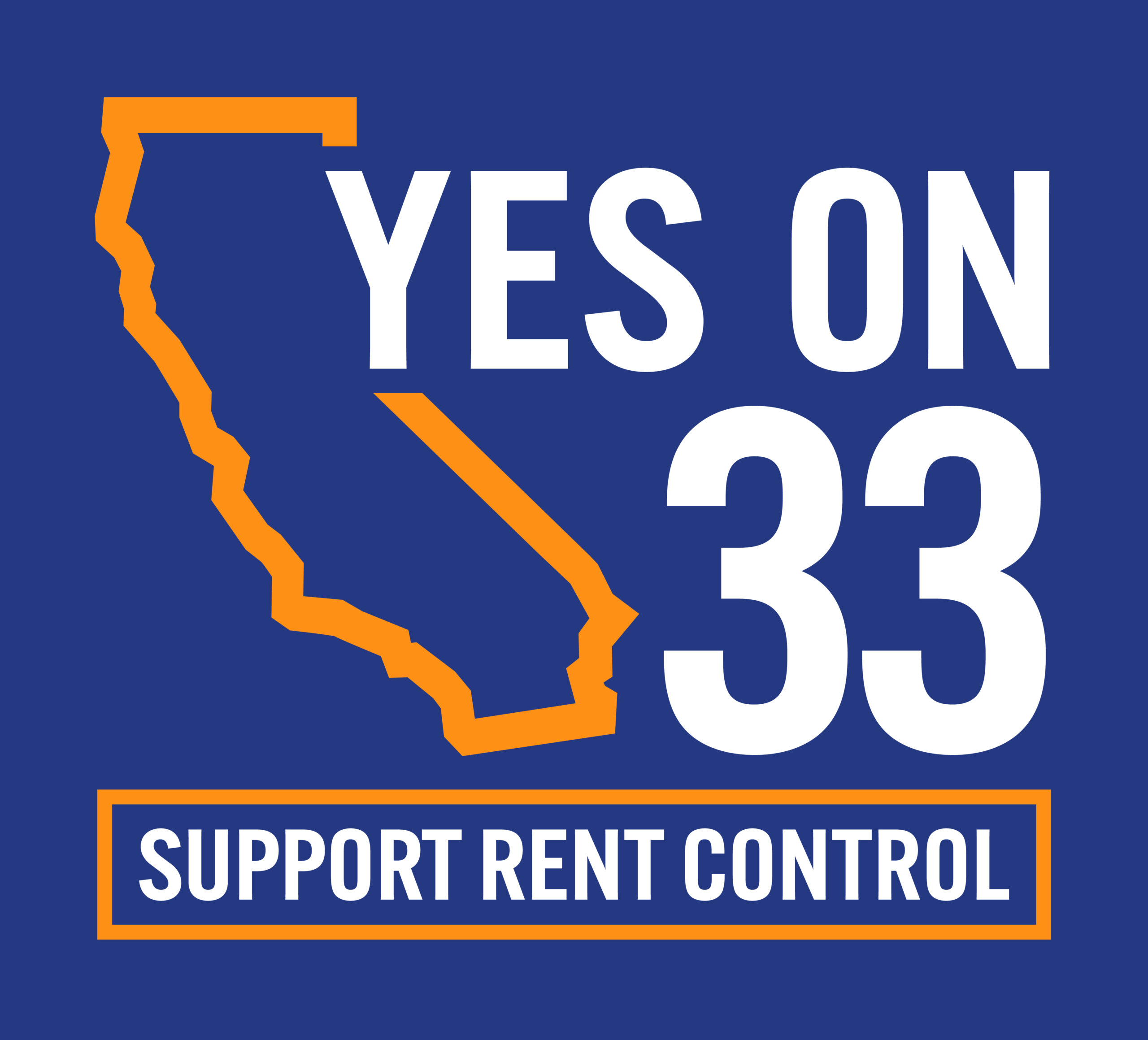
Disclaimer: Opinions are those of the writer and do not reflect those of The Vanguard or its Editorial Staff. The Vanguard does not endorse political candidates and is committed to publishing all public opinions and maintaining an open forum subject to guidelines related to decency and tone, not content.
Housing has become an intractable problem in California with no seeming solution. After spending tens of billions of dollars to improve homelessness and housing affordability, the situation only has gotten worse in our state. From the one
million people who have left the state over the last five years to the humanitarian crisis of so many living on our sidewalks, it is easy to feel hopeless.
A problem of this magnitude—with a million Californians now rent-burdened—requires a new paradigm. When a problem rises to this level of severity, bold action is needed.
It is hard to believe that throwing more money at housing will be magical. Sweeping homeless encampments doesn’t make homeless people go away; it just pushes them somewhere else. It may provide immediate gratification to try anything even if it doesn’t work, but if we are serious, we have to look at root causes and make changes from the bottom up.
First and foremost, the supply of affordable housing must increase. This entails preserving the current stock of affordable units instead of depleting it. We have to stop tearing down affordable housing and replacing it with luxury buildings. We can’t allow runaway rents to displace more and more people. We must rehabilitate older buildings and repurpose them for permanent housing. We must bring down the cost of new construction. Government must play a much larger role as the funder of last resort to keep poor people housed.
There is a vital role for the market to play in housing, but it cannot, has not, and will not provide for everyone in need. That is the job of government. How can we have faith in government if it cannot handle the basics like ensuring that everyone is housed?
A new paradigm must embrace the principle that housing is a human right. Further, it cannot be ruled solely by profit motive because there are those who require added assistance. Incentives must be aligned so that the private and community sectors have a compelling desire to contribute to a solution.
Among the many daunting challenges that American ingenuity has solved are some less difficult than our current housing crisis. Most people in the United States today have health coverage. Most forms of discrimination have been eliminated legally, if not always in practice.
Making housing available and affordable is within our capabilities. If California’s ultra-rich can find ways to build hidden mansions beneath Los Angeles (so-called “iceberg homes” with plush “McBasements”), the rest of us can find ways to build affordable housing units for Californians in need.
It’s not rocket science. There are basic ways to solve the problem. Rent control is the most important, since it protects existing tenants from being displaced. Next is requiring luxury developers to include at least 25 percent of their units as low-income. Then, we need to increase housing subsidies, make it easier and cheaper to build new low-income housing, and stop the destruction of existing rent-controlled units.
Billionaire corporate landlords will fight back against even the most common-sense solutions. Represented by the California Apartment Association, corporate landlords and their political allies in Sacramento will try to kill rent control and other renter protections, while continuing to favor luxury housing over housing for the rest of California.
But their obstructionism cannot compete with the will of millions of voters who support Proposition 33, which can expand rent control in California this November. The people will speak up in 2024, and that will make the ultimate difference for our state.

